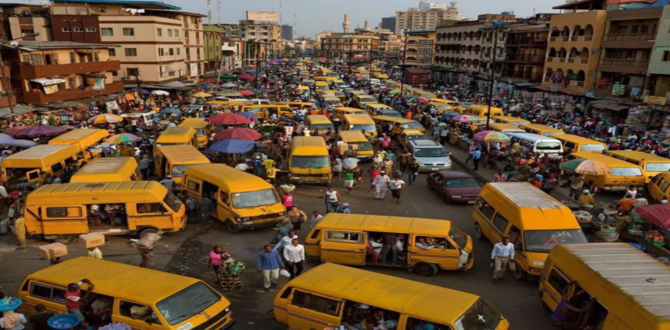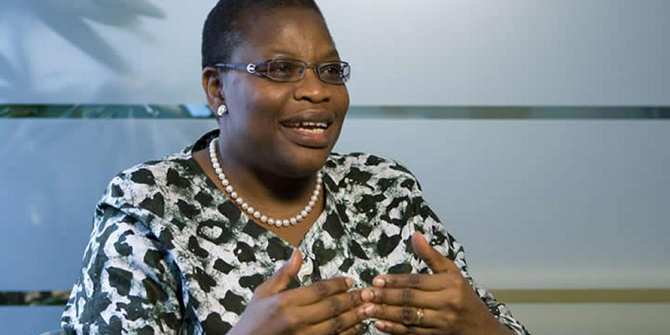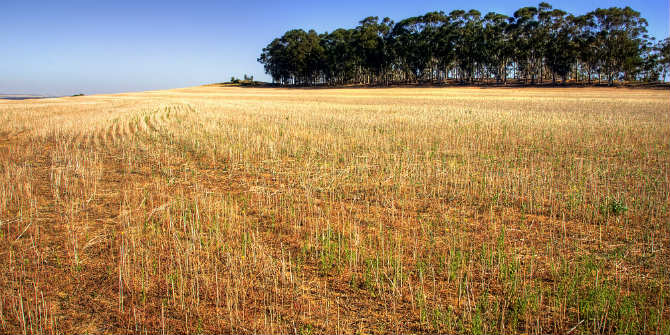Dr Suda Perera argues that the current political crisis in DR Congo demonstrates that the idea that a fairly-won election is necessary to create a certain and solid basis for democratic state-building is faulty.
This article is part of our African Elections series.
In 2006, the Democratic Republic of Congo (DRC) held its first multi-party democratic elections in over 40 years after a decade of conflict that had cost the lives, by some estimates, of more than three million people.
Although certainly flawed in some ways, at the time the elections were widely regarded as fair and representative. They were seen as a great symbolic victory for democracy that laid solid foundations for sustainable peace and much-needed development. As the UK government observed at the time, “The elections have legitimated the government both internally and internationally, as well as unified like-minded political forces, helping the government deal with the main threat to peace and stability.”

Photo Credit: Tomas via Flickr (http://bit.ly/2gDoi2d) CC BY-NC 2.0
Yet despite considerable support from the international community over the ten years since then, DRC languishes at the bottom of many human development indices, and more than 70 armed groups operate largely unchecked in the east of the country. On the political front, the elections scheduled for November 2016 never happened. Joseph Kabila, the president elected in 2006, remains in power despite a constitution that says a president can serve no more than two terms. Kabila’s regime has steadily escalated its repression of dissenters and pro-democracy protestors.
This has surprised few. Commentators have been speculating for some time that Kabila was manoeuvring a ‘glissement’ (slippage) to stay in power, including two attempts to alter the constitution. Though the election deadline has come and gone, Kabila has still not said how and when elections will next be held.
So the international community has called on President Kabila to respect the constitution and hold timely elections, and some donor governments have imposed sanctions in response to perceived violations of human rights in the regime’s treatment of pro-democracy protestors. While this kind of continued pressure from the international community on the Kabila government is important, it begs the question of whether the right lessons are being learned from the mistakes of the past.
Perhaps the greatest danger is that we once again fall for the fallacy that nothing more than a fairly-won election is necessary to create a certain and solid basis for democratic state-building. In 2006, enthusiasm about the DRC elections shifted the focus away from considering whether those who had come to power would use their authority for the good of DRC’s citizens. Paradoxically, the legitimacy Kabila derived from the elections made it possible for him to use the courts to punish and silence critics, and so underpin his power, at the expense of the peace and development that the elections were supposed to deliver.
New elections are important, but it is equally important to be sure before they happen that a democratic mandate cannot again be put to work in the service of an autocrat. The first lesson we learn from the last ten years of DRC history ought to be that the ballot box is not a quick fix.
Clearly, the international community – already so deeply involved in the region – must do all it can to address the long-term causes and consequences of conflict and insecurity. It should also use its influence to persuade the current regime to meet its security and justice obligations. But there are encouraging signs among DRC’s own citizens that the high hopes of 2006 have not been entirely extinguished. A number of new popular protest movements, particularly among DRC’s young people, are firmly committed to non-violence. So the international community does have the means to look beyond simply supporting elections, and should urgently consider how it can support a political settlement which will genuinely facilitate peace and development in the DRC.
Now is the time to act. As the last shreds of Kabila’s democratic mandate fall away, a space is opening up in which the international community could support actors beyond government and promote civic empowerment. If this is done now, by the time the DRC does return to the ballot box its people will know they are in the best possible position to hold their next government to account, and that their vote means something that has real transformative power.
Dr Suda Perera (@DrSudaPerera) is a Research Fellow at the Developmental Leadership Program, University of Birmingham
The views expressed in this post are those of the author and in no way reflect those of the Africa at LSE blog or the London School of Economics and Political Science.






2 Comments